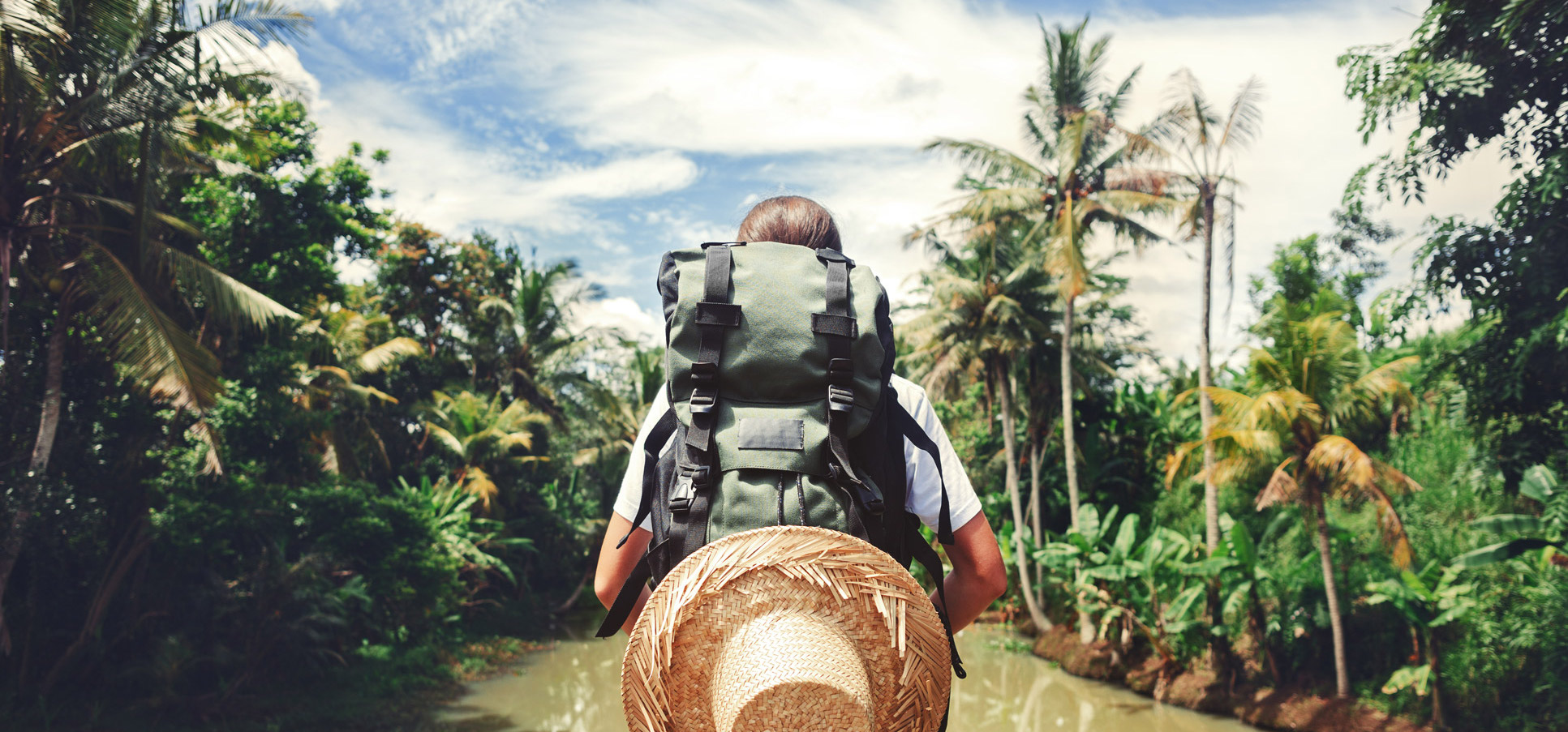
Health and Safety Abroad
The health, wellness, and safety of our students is our highest priority. Individuals attending programs abroad should be aware that their host countries may bring on different physical and mental health challenges. This may include culture shock as you adjust to your new environment which is completely normal.
The following resources are available for study abroad students to review and incorporate into their study abroad plans to ensure they have a healthy, safe, and memorable experience.
Emergency Abroad?
• Faculty Led Program: Contact your Faculty Leader
• Semester Program: Contact the emergency contact at your host campus
• Seton Hall Emergency Resources: Contact Public Safety at +1.973.761.9300
Physical Health Abroad
Studying and living in a new country can present different physical conditions and
stressors. To prepare for these changes, it's important to consult your doctor before
going abroad. Here are key points to discuss:
• Required and recommended vaccinations for your destination
• How the physical environment and planned activities may impact existing health conditions
(e.g., asthma, allergies)
• Managing your health in the host country, including exposure to varying temperatures
and prolonged walking on uneven surfaces like cobblestone streets
• Monitoring any health concerns or warning signs
• Medications you may need during your stay, including alternatives if your usual prescriptions
are unavailable or not permitted
Additionally, have digital copies of your medical records from your general practitioner on hand while abroad.
International Health Insurance
All study abroad students must have international health insurance that meets the minimum requirements outlined in the application. Seton Hall study abroad programs include international health insurance as part of the program fee.
Click here to view the details of the GeoBlue Student Overseas Plan, which all Seton Hall students, faculty, and administrators (up to age 74) participating in a Seton Hall study abroad program are automatically enrolled in.
If your non-Seton Hall program does not provide coverage, Seton Hall students can purchase GeoBlue Insurance at a discounted rate of $3.00 per day. Many third-party programs include health insurance, so be sure to check the program provider’s website for details. GeoBlue offers comprehensive medical and emergency coverage abroad, including emergency medical expenses, evacuation services in medical emergencies, political crises, and natural disasters, as well as global health and safety services.
Mental Health Abroad
When studying abroad, it's important to consider how the new environment might impact your mental health. Changes in living conditions, diet, culture, and language can be challenging, and being away from your support network can increase feelings of homesickness and stress.
To ease the transition, plan ahead for self-care and mental well-being. Some resources, like check-in appointments or access to certain medications, may be limited abroad. If you're currently receiving mental health treatment, discuss your plans with your healthcare provider. Seton Hall’s Counseling and Psychological Services (CAPS) are also available to help you prepare for your time abroad.
Campus & International Resources
Seton Hall offers various mental health counseling and crisis services:
• CAPS: Located in Mooney Hall, Room 27. An on-call counselor is available at (973) 761-9500,
Monday-Friday, 8:45 a.m.-4:45 p.m.
• Crisis Hotline: Available 24/7 at (973) 275-HELP (4357).
• CDC: Provides mental health tips for travelers before, during, and after their trips.
• GeoBlue Travel Insurance: Offers telehealth and remote counseling for students studying abroad. More details
are available to those registered.
• Global TeleMD: A smartphone app for virtual appointments with doctors worldwide, accessible with
GeoBlue insurance.
Staying Safe Abroad
Exploring your host country through a study abroad program can be exciting, but your safety is crucial. Here are some key tips to keep in mind:
Before Traveling:
• Familiarize yourself with the U.S. Embassy and the State Department's resources for student travelers in your host country
• Leave copies of important documents, like your passport, with family and keep a digital
copy for yourself
• Share your program itinerary and contact information with your family
• Learn emergency contact numbers for your host country, including for ambulances, fire,
and poison control
• Understand the local healthcare system and locate nearby pharmacies
While Abroad:
• Share your local address with your family, study abroad program, the Office of International
Programs, and the STEP program
• Keep a copy of your passport and important documents at your residence
• Inform your family and program if you plan to travel outside your host city or country
• Always travel with a working phone and charger
• Stay hydrated to maintain your health in new environments
• Use common sense: be aware of your surroundings and belongings, especially in crowded
or unfamiliar areas
• Avoid civil disturbances and public demonstrations
• Travel in small groups in unfamiliar areas
• Dress to blend in with locals and keep your possessions secure, like using a crossbody
bag
Allergies and Dietary Restrictions
Experiencing your host country’s food culture is a key part of studying abroad. With proper planning, students with allergies or dietary restrictions can still enjoy meaningful culinary experiences.
Seton Hall Faculty-Led Programs: Students can submit dietary restrictions to the Office of International Programs, which will inform the faculty leader and program vendor to accommodate your needs.
Tips for Managing Dietary Restrictions:
• Research common dishes and ingredients in your host country to identify potential allergens
or dietary conflicts
• Housing: If staying in a dorm, notify the housing department of your dietary needs and ask
about alternative meal options. If with a host family, confirm your restrictions upon
arrival. For independent living, locate specialty grocery stores for specific ingredients.
• Language: Learn key phrases to communicate your dietary needs and carry a note in the local
language for restaurant staff
• Severe Allergies/Medical Restrictions: Consult with your doctor before departure for any necessary medications, and ensure
you have prescriptions, as some may be unavailable in your host country
Sexual Misconduct
Seton Hall is committed to maintaining a safe environment for all community members. Sexual assault, harassment, and misconduct violate the University's mission and core values.
If you experience sexual misconduct while abroad, immediately report the incident to local law enforcement and seek medical attention. Seton Hall students should also inform the Title IX office and review its resources on sexual misconduct. Health Services is available for additional support.
The Overseas Security Advisory Council offers a guide with directions on how to respond to incidents of sexual misconduct while abroad.


